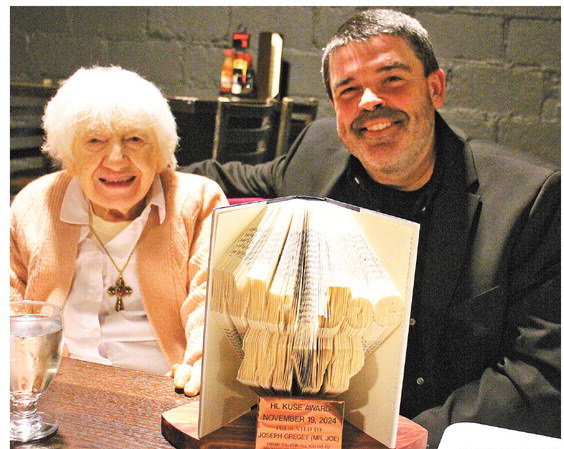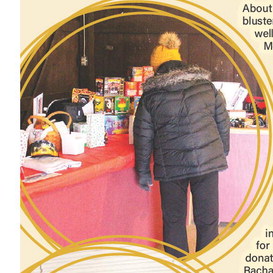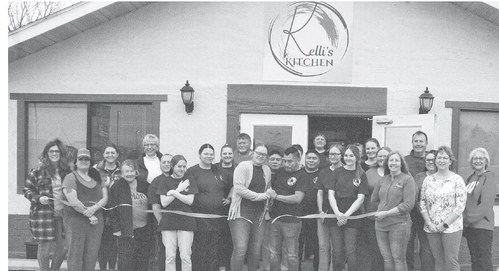care. Untreated sores are a ….
care. Untreated sores are a sure sign that a person is not being cared for properly.
Signs of financial abuse or exploitation:
• Lack of amenities the person could typically afford. A sudden problem with affording the basics, especially if the person was able to in the past (with no change in income), is a sign of financial abuse or exploitation. This could be from a family member, caregiver, or con artist.
• Giving excessive financial reimbursement or gifts for care and companionship. Care and companionship are necessary and can take a financial toll occasionally. But if care costs drain an individual’s bank account, it’s time to investigate and re-assess.
• The caregiver controls the person’s money but fails to provide for their needs. A sure sign of financial exploitation is when a caregiver fails to provide an older person with adequate supplies, food, clothing, or other necessities.
• The caregiver is overly concerned about the person spending money. Caregivers should be concerned with an individual’s spending habits if it is damaging to their health or well-being. Still, average daily spending should not be of concern to a caregiver.
• Unexpected or unexplainable property transfers such as a power of attorney or a new will. These can be especially concerning when the person in care cannot comprehend the transaction or what it means. When in doubt, family and friends should look into these transactions carefully.
Signs of psychological and emotional abuse:
• Unexplained or uncharacteristic changes in behavior. A drastic change in demeanor or a withdrawal from normal activities is a red flag that abuse may be present.
• Unexplained weight loss or appetite changes. If medical professionals can find no other cause, it may be worth investigating if abuse is the cause of a sudden change in weight or appetite.
• The caregiver isolates the person from others. A caregiver should always be willing to help older individuals visit their loved ones and medical professionals.
• The caregiver is verbally aggressive, uncaring, or demeaning. Older adults deserve genuine care and compassion. Rude, dismissive, or aggressive behavior from a caretaker should be a red flag for potential abuse.
Signs of physical abuse:
• Inadequately explained fractures, bruises, welts, cuts, sores, or burns. Frequent and unexplained injuries are concerning, especially if the individual under care cannot recall daily events easily.
• Unexplained sexually transmitted diseases. STDs and STIs in older adults under professional care could indicate sexual abuse and warrant an investigation to find the root cause.




